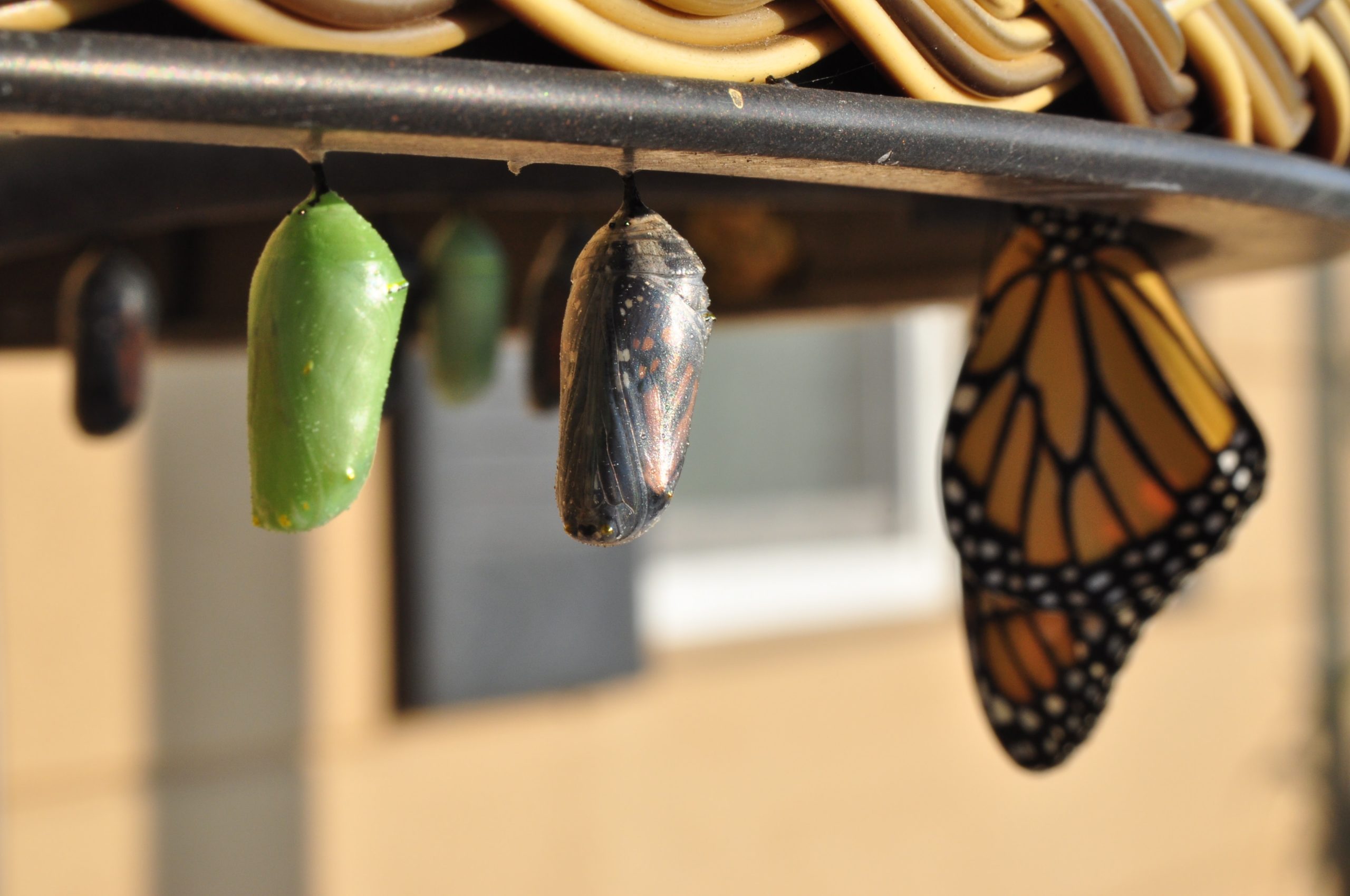
 The other day I found myself looking over my wife’s shoulder as she viewed a clip on line from comedian and TV personality Miranda Hart. Some of you may know her show, “Miranda”.
The other day I found myself looking over my wife’s shoulder as she viewed a clip on line from comedian and TV personality Miranda Hart. Some of you may know her show, “Miranda”.
“Turn that up,” I said to Helen, “what did she just say?”.
Miranda was talking about life in lockdown and the pressures, stresses and uncertainties that this created for everyone. And then she quoted a guy called Dave Hollis which really took my liking;
“Hear this: in the rush to return to normal, use this time to consider which parts of normal are worth rushing back to.”
Bang! Wow! What a great thing to say. And on he went;
“If things go back exactly as they were we will have missed the opportunity to take the good from this bad.
The gift nobody’s asked for is sitting here for us all to open — an opportunity to do some housekeeping in where we focus, who we spend time with, what we consume, how we work, what matters and most importantly what doesn’t.
Take notes. We’re getting a lesson we cannot forget when things return to normal.”
I liked what this guy Dave was saying.
On his Facebook page, he describes himself in this way; “Every day Dude, In love with Rachel Hollis, Dad x4 Dominating the roads, NYTimes best selling author”
I like this description greatly. I don’t even know the guy but in a very small precis he’s told me he’s not a big noter. He’s just an every day guy who loves his wife and family. Oh, and he’s a NY Times best selling author – but that bit comes last.
It resonates with me because it’s essentially what David Armstrong and I have been promoting in the Forty Hour Principal project over the last year. We spend so much of our time in our professional lives leading, sorting, being accountable, mentoring, writing screeds of words, connecting, relating and being “fully there”. By the time it’s time for our other life, when we leave school each day, there’s so often little left but to collapse on the couch and nap away the evening in a state of exhaustion. At present I imagine that our professional Facebook pages would all read like mine; Steve Zonnevylle, Principal. Full Stop.
I want to be more like David Hollis’ Facebook precis. I want any description of me to start with the most important things. I want to be proud to be a principal, but I don’t want it to define me. As I’ve said in previous posts, I want my principalship to be a part of who I am, but not all of who I am.
Last year, the other Dave (David Armstrong) wrote a great piece in our book “The Forty Hour Principal” called, “Be Slacker to Be Better”. Like the title of our book, the notion of trying to be slacker than normal in our roles is totally alien (as is the notion of actually working a forty hour week).
For most, using the words ‘slacker’ and ‘principal’ in the same sentence is akin to blasphemy. Recently we were asked to present at a meeting and we were keen to call our talk “Be Slacker Better”. However, the organisers quite rightly pointed out that many would see the notion of this as being almost disrespectful or rude. We could see their point.
. . .
So what is the point that we’re trying to make, and how does it relate to Dave Hollis’ invitation of not rushing back to normal?
Being Slacker Better is a call to arms. And when better than now, when we all have a bit of time on our hands to think things through to start to consider what a new normal might look like.
Plenty of people are talking up the premise that education will be different when we get out of isolation. If that is the case, then we should also be talking about the role that we play, and how we play it as principals.
We certainly aren’t advocating becoming slack. Instead, we want you to step up and look at the way you do your job. Take time to look at the habits you’ve bought into over time. Take time to assess the way you want to live your life. Big questions. But you’ve got some time on your hands, so why not do it now?
Take a look at some of the things that you do now that you personally would consider slack if you did them differently. Don’t worry about the other side of the coin – things that other people would consider slack if you did them differently. This is your journey, not theirs.
For example:
- What if you didn’t write so much in your Board Report? (Someone once said if you can’t explain it simply then you don’t actually understand what you’re talking about.)
- What if you worked at home two days a term?
- What if you left school at 4:00pm on those quieter days?
- What if you closed the door of your office and made yourself unavailable more often?
- What if you spent more time in classrooms and felt confident that administration trivia always has a habit of getting done tomorrow, or the next day?
- What if you didn’t have so many meetings?
- What if you viewed your role as the key relationship maker/connector instead of the key educator?
- What if you looked to maximise your own talents within the school setting more?
- What if you decided not to sweat the small stuff?
- What would happen if …………..?
The list goes on, and is limited only by the questions you ask yourself. In the end, Being Slacker Better is less about some internalised concept of slackness, and more about finding those things that are actually the most important and getting to them more often by being efficient.
With efficiency comes time. Not time to do more at school, but time to do more in the rest of your life. This is a very important point. It underlines the premise that being a principal is part of your life, not your whole life.
So to paraphrase Dave Hollis; in the rush to return to normal, let’s use this time to consider which parts of normal are worth rushing back to and change those things that are not.
Steve
(What do you think? Add your voice in the comments below, or over on The Forty Hour Principal Facebook page.)



 I did an extraordinary thing last weekend. I rode a 36km mountain bike event.
I did an extraordinary thing last weekend. I rode a 36km mountain bike event.